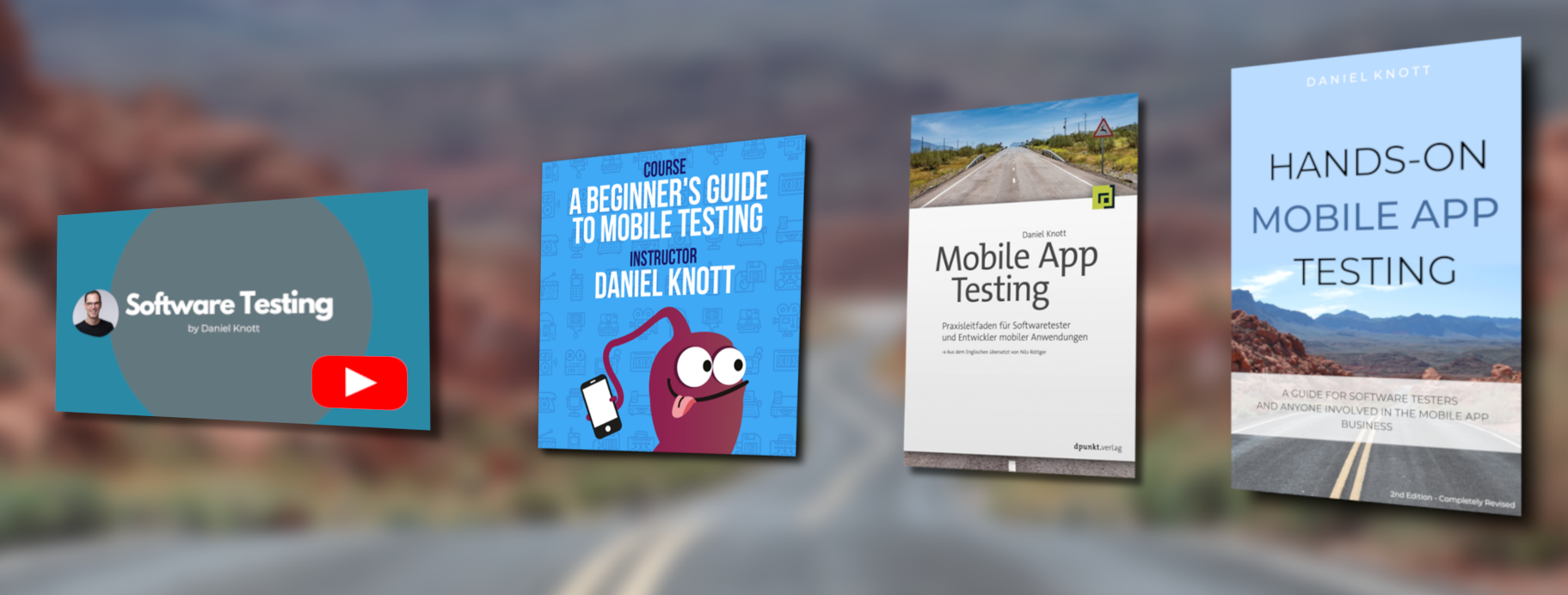Today, I found a really nice library extension for Robotium. The name of the library is ExtSolo and stands for Extension Solo. The name stands for itself, it extends the known solo object provided by Robotium.
The library is developed by the guys from bitbar, the company behind testdroid.
If you check the provided API documentation, you find some really useful methods to integrate them into your Android test automation framework. There are methods like:
changeDeviceLanguage(java.util.Locale locale)fail(java.lang.String name, java.lang.Object e)setGPSMockLocation(double latitude, double longitude, double altitude)turnWifi(boolean enabled)


